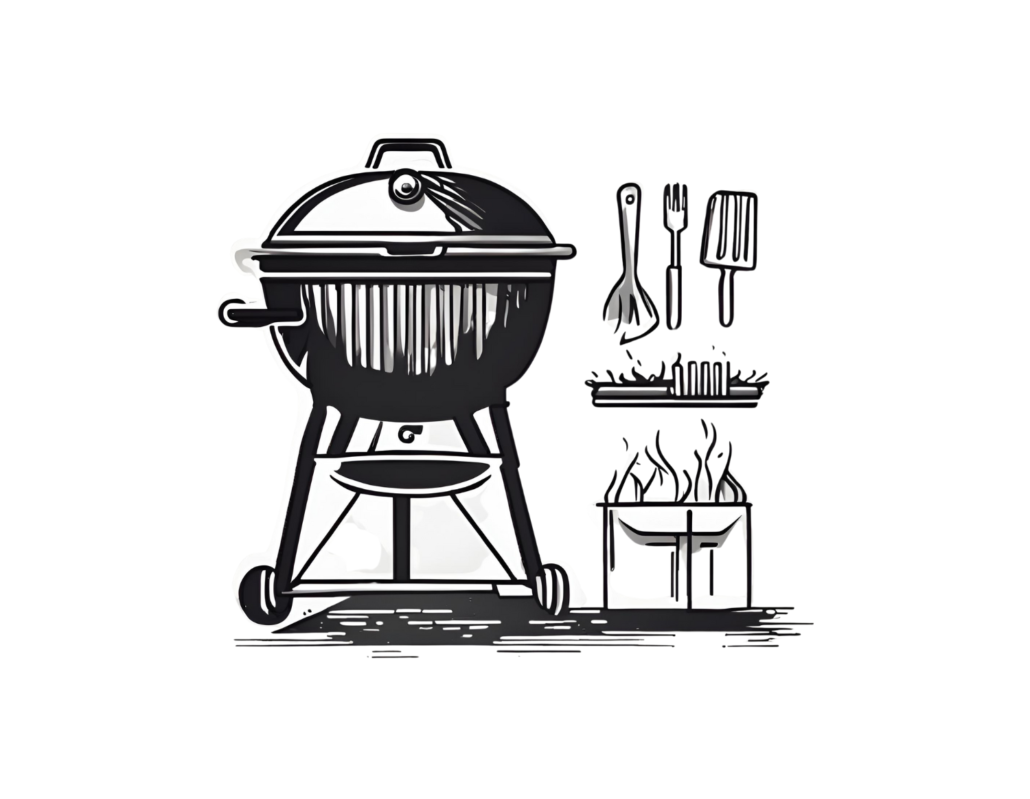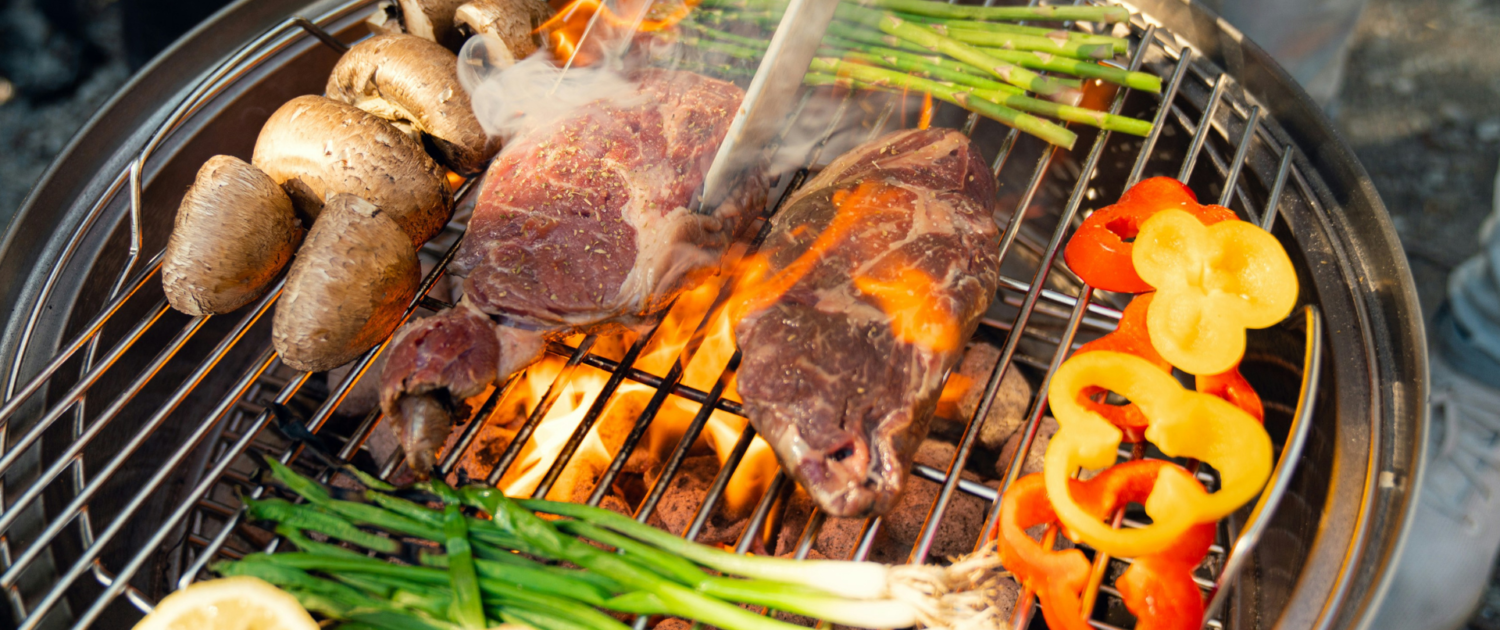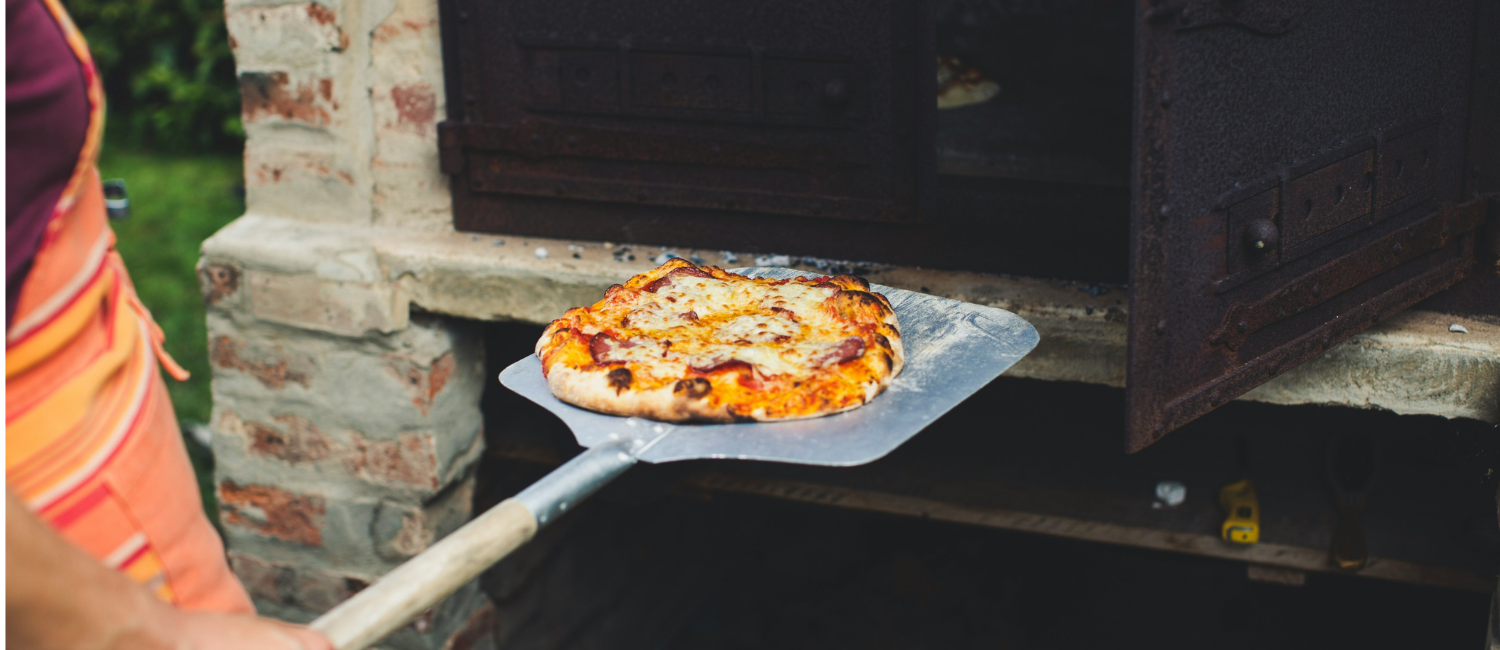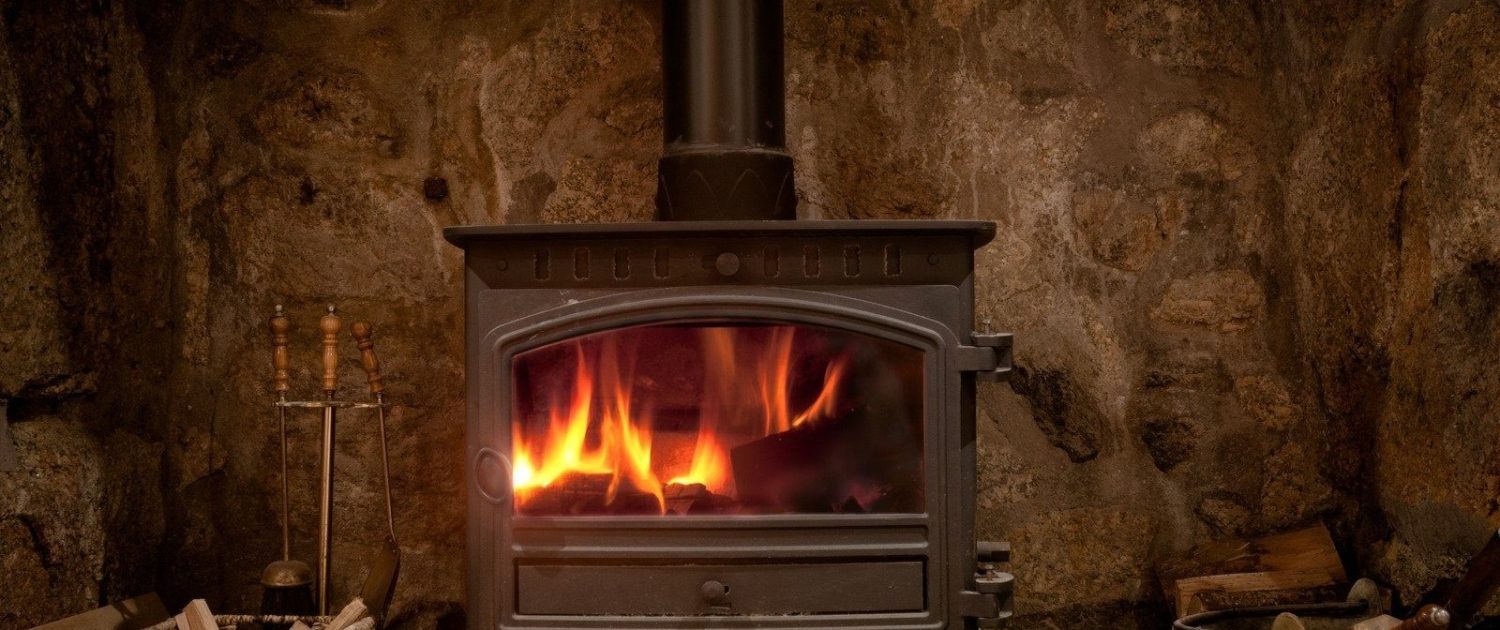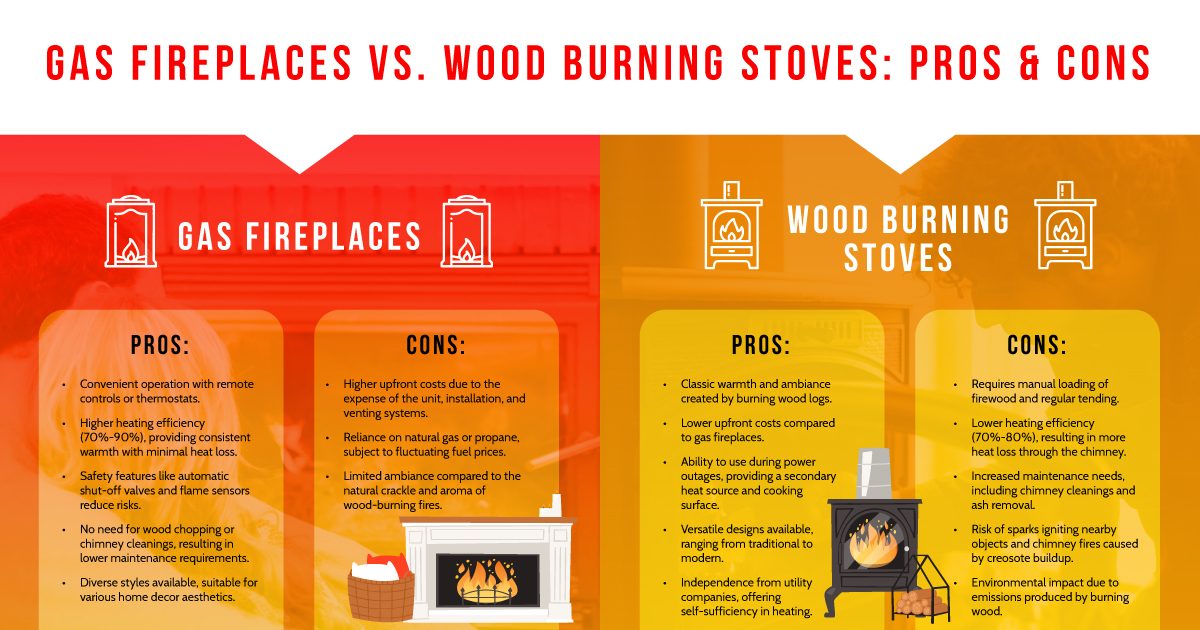When it comes to heating your Asheville, NC home efficiently and safely, selecting the right type of firewood is crucial. Not only does it affect the heat output and burn time of your fire, but it also impacts the longevity and safety of your chimney. Different woods offer unique benefits in terms of heat output, burn time, and aroma, making your fireplace experience more enjoyable.
Understanding BTUs: What You Need to Know
BTUs, or British Thermal Units, measure the heat energy produced by firewood. Essentially, one BTU represents the amount of heat needed to raise the temperature of one pound of water by one degree Fahrenheit. For firewood, BTUs help you gauge which types of wood will provide the most efficient heating. Firewood with higher BTU values burns hotter and longer, making it more effective for heating your home. Hardwoods like oak and hickory generally have higher BTU ratings (24-28 million BTUs per cord) compared to softwoods like pine, which tend to have lower ratings. Understanding these values helps you choose the best firewood for your needs, ensuring maximum heat output and efficiency.
Best Firewood Choices for Asheville, NC
Oak
- Characteristics: Dense hardwood known for a long burn time and high heat output.
- Efficiency: Burns efficiently with a heat output of around 24 million BTUs per cord.
- Cost: Typically $300 to $450 per cord, depending on availability and season.
- Best For: Long-lasting heat and sustained fires.
Hickory
- Characteristics: Dense hardwood that burns hot and long, ideal for both heating and cooking.
- Efficiency: Offers about 28 million BTUs per cord, providing intense and prolonged heat.
- Cost: Generally $350 to $500 per cord due to its superior quality.
- Best For: Heating, BBQs, and smoking meat.
Maple
- Characteristics: Provides good heat and is easier to split compared to denser woods.
- Efficiency: Burns at a moderate rate with a heat output of approximately 25 million BTUs per cord.
- Cost: Priced between $250 and $400 per cord.
- Best For: General heating and easy handling.
Cherry
- Characteristics: Known for its pleasant aroma and colorful flames.
- Efficiency: Delivers a moderate heat output of around 20 million BTUs per cord, burning cleanly with minimal smoke.
- Cost: Typically $350 to $450 per cord, reflecting its aromatic properties.
- Best For: Aesthetic fires, mild heating, and cooking.
Ash
- Characteristics: Burns steadily and hot, even when not fully seasoned, and is easier to split.
- Efficiency: Offers a heat output of around 24 million BTUs per cord.
- Cost: Usually between $250 and $350 per cord.
- Best For: Regular use and ease of preparation.
Tips for Proper Firewood Storage
- Ventilation: Store firewood in a well-ventilated area to aid drying and prevent moisture buildup.
- Elevation: Stack wood on a raised platform or pallets to keep it off the ground, reducing the risk of rot and insect issues.
- Cover: Use a tarp or firewood cover to protect the top from rain and snow, but keep the sides exposed for airflow.
- Sunlight and Wind: Place the stack where it can benefit from sunlight and wind to speed up drying.
- Dry Wood: Ensure the wood stays dry for efficient burning, producing hotter fires with less smoke.
Environmental Benefits: Reduce Your Carbon Footprint
Choosing the right firewood not only enhances heating efficiency but also supports environmental sustainability. Using seasoned hardwoods like oak, hickory, and ash reduces smoke and particulate emissions, which improves air quality. Well-seasoned wood burns more completely, leading to less creosote buildup in chimneys and lower emissions of pollutants like carbon monoxide and volatile organic compounds (VOCs). Additionally, sourcing firewood locally minimizes transportation-related carbon footprints and supports sustainable forestry practices, helping to maintain healthy forests and reduce wildfire risks.
Annual Firewood Costs for Asheville, NC Residents
| Wood Type | Small Home (1-2 cords) | Medium Home (3-4 cords) | Large Home (5+ cords) |
|---|---|---|---|
| Oak | $300-$900 | $900-$1,800 | $1,500-$2,250 |
| Hickory | $350-$1,000 | $1,050-$2,000 | $1,750-$2,500 |
| Maple | $250-$800 | $750-$1,600 | $1,250-$2,000 |
| Cherry | $350-$900 | $1,050-$1,800 | $1,750-$2,250 |
| Ash | $250-$700 | $750-$1,400 | $1,250-$1,750 |
Where to Purchase Firewood in Asheville, NC
Carolina Firewood Company
- Details: Premium dry kiln firewood with clean burning and minimal smoke. Various sizes available, with delivery services in Asheville.
- Website: Carolina Firewood Company
- Contact: 828-793-9663
Lumber Jill Firewood
- Details: Heat-treated firewood that exceeds national standards, with delivery options for residential customers.
- Website: Lumber Jill Firewood
- Contact: 828-545-7062
Sunrise Sawmill
- Details: Local firewood supplier offering cut-offs and wood scraps suitable for burning.
- Website: Sunrise Sawmill
- Contact: (828) 277-0120
Choosing the right firewood and knowing where to purchase it can ensure you have a warm and efficient winter season in Asheville, NC. Always opt for seasoned, dry wood to minimize smoke and maximize heat. Remember to get your annual chimney sweep + inspection to keep your system operating at maximum efficiency.


